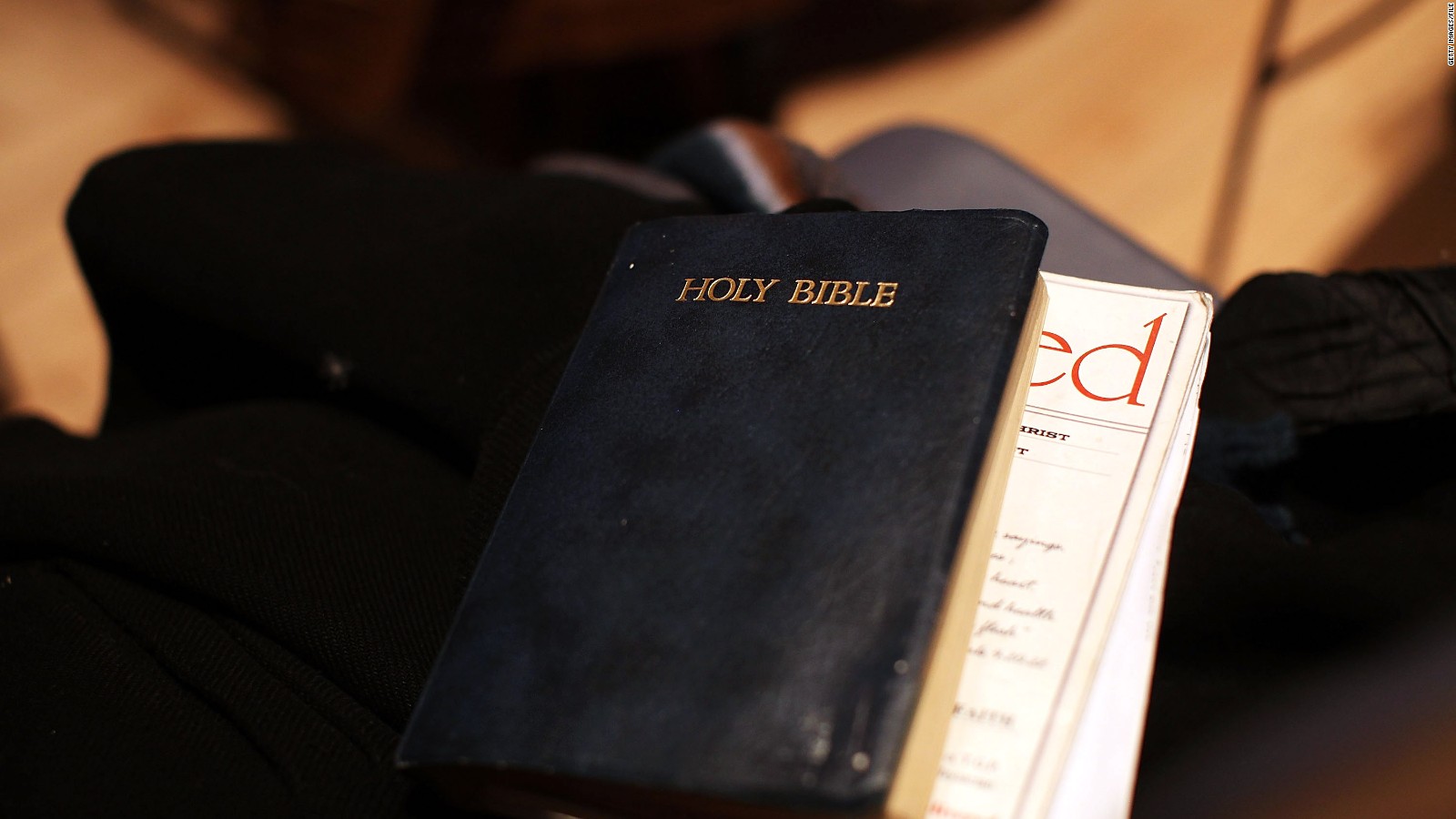A Catholic reads the Bible, Week 15: Cruel and unusual punishments

The Book of Second Samuel has Laura Benardini questioning God's methods of punishment.
Laura Bernardini is director of coverage in CNN's Washington Bureau. The views expressed in this column belong to Bernardini.
(CNN)This is week 15 of an ongoing series: A Catholic Reads the Bible. Read Week One, Week Two and Week Three.
I spent Sunday walking around Washington. It was glorious weather and I was struggling with what to write about, so I figured a long stroll would help.
Don't worry, I didn't wander for 40 hours or anything like that.
This week's reading has been the second book of Samuel, which recounts Saul's death and King David's reign. As before in the Old Testament, there was a passage that troubled me.
David's wife Michal talks back to him. David tersely corrects her, saying that God chose him to be King, and who was she to question him?
Reading the next sentence, my eyes welled with tears and a lump rose in my throat. "And so Saul's daughter Michal was childless to the day of her death."
Those sort of "punishments" have been meted out before, but this one seemed particularly outsized and unfair. I am a woman without children.
This felt like a personal attack to me. How could God be so cruel? To rob a woman of motherhood just because she had a spat with her husband?
It troubles me and I can't stop thinking about it. I might not have kids, but I wouldn't want God to punish me in that way.
Friends tell me to not read the Bible with my modern lens, but it is hard because this punishment is so unfair -- and it's hard to imagine any time or any period in which punishing a woman in this way would be just.
This is not an old cultural habit that I can't quite wrap my head around. This is cruel and unusual punishment, plain and simple. On this score, in this story, I sharply disagree with God.
As I kept walking on Sunday, I thought more about what I'd read. As my feet began to ache, I realized Michal's story wasn't the crux of what I'd learned this week. Instead, I realized that the Biblical heroes aren't perfect.
Up until this week, to me King David was just a fancy hotel in Jerusalem -- a mythic hero worthy of five stars.
David came to life in the pages of Samuel, for good and bad. I started out intrigued by the tall man after Saul, who had a rhyme dedicated to his exploits, "Saul has slain his thousands, but David his ten thousands."
All that slaying continues throughout the two books of Samuel, then Saul dies and David becomes King. During the first book of Samuel, I thought Saul was the bad guy and David the hero. As God's chosen one, David should be perfect, right?
Wrong.
Soon after becoming King, David decides to take multiple wives and concubines. He also decides that he wants Uriah's wife Bathsheba. They have an affair, she gets pregnant and he arranges for Uriah to get killed in battle.
I haven't even mentioned how David neglects his daughter Tamar when she is raped by her brother Amnon. Amnon is then killed by his other brother Absalom.
These pages are really dark.
So, OK, David was supposed to be this great King, but broke commandments and angered God. (I notice, though, that God does not render him childless.)
But David does ask for forgiveness, which led me to think of confession.
As Catholics, we are told to go to confession to get our sins forgiven and to clear up our relationship with God.
I had always told my mom that I never wanted to go to confession because I was just talking to another human about what I had done "wrong."
As a kid, I would confess my small misdeeds to her or else I couldn't sleep. That part of my childhood has stayed with me. I know that I'm not perfect. The Bible is teaching me that no one else is, either.

No comments:
Post a Comment